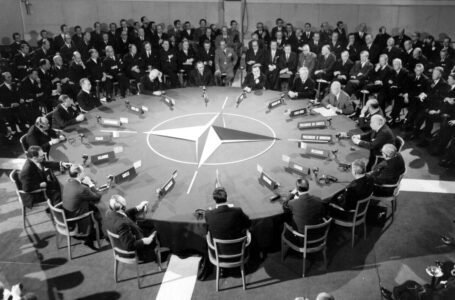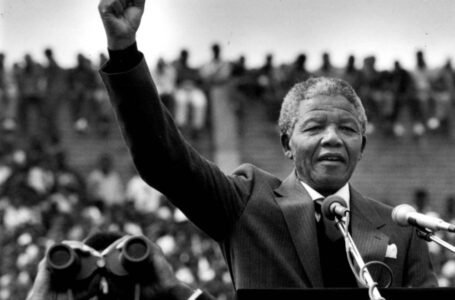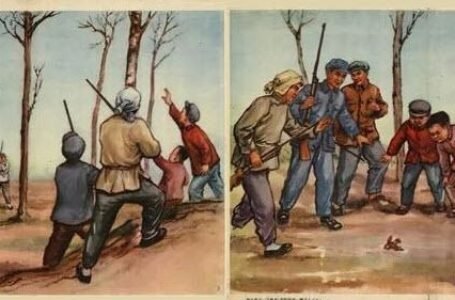Sucheta Kriplani: First Women Chief Minister of Independent India

Long ago women were worshipped as God as well as the secondary human being in India. After ages, women were treated as following their tradition and culture; that includes, they should not go out without the help of any man in their life. It started with her father or brother or husband or her son. The men in the past age made women serve them what they want or need. Slowly, this condition started to change by the form of education. The educated men started to treat women as fellow human beings. Then the evaluation began, first the men got an education; then it was taught to women and their children. Because of this evaluation, Indian society grew by breaking the orthodox superstitious beliefs. Everyone knows the saying, “If a man got an education, it is for himself; but if a woman got an education it is for her family”. It is very true and the saying also stands true not only for her family, society or country. Here we are about to see one such well-educated politician, Sucheta Kriplani.
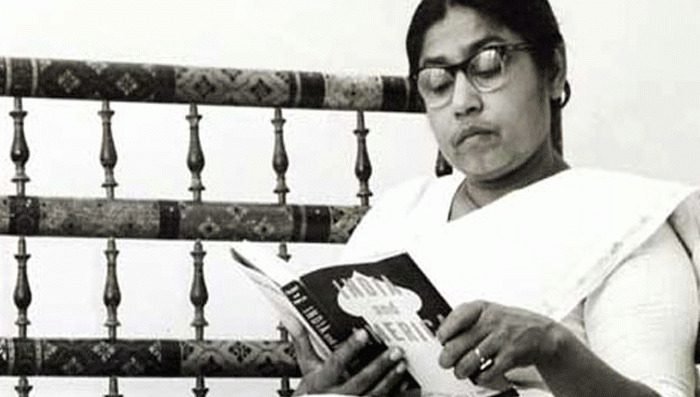
Early Life:
Sucheta Kriplani was born on 25th June 1908 in Ambala, Punjab (now Haryana). She belongs to a Bengali Brahmo family. Her father Surendranath Majumdar was a medical officer. He was a nationalist and a doctor under the British Government. As a medical officer, he was in constant transfer across the country. Because of her father’s constant transfer, she studied in various schools. She completed her degrees at Indraprasath College and St. Stephen’s College of Delhi University. She got a Master’s degree in History. After her studies, she worked as a lecturer of Constitutional History at Banaras Hindu University till 1939.
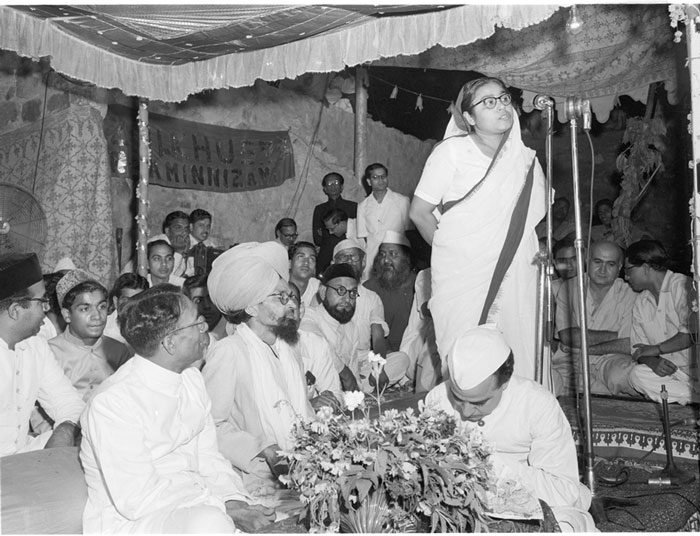
Sucheta grew up as a shy child and was very self-conscious about her appearance and intellect. When she was about 10 years old, she and her siblings heard the incident of Jallianwala Bagh from her father and his friends. This made her very outraged and when she played with Anglo-Indian children, she was a little rude with them. This incident was mentioned by her in the autobiography of Sucheta: An Unfinished Autobiography.
Sucheta was married to J.B. Kriplani, aka Acharya Kriplani in 1936. Acharya was 20 years older than her a Congress Party member and a prominent freedom fighter. He was also a true Gandhian Socialist. On hearing and seeing his contribution to the country, Sucheta also joined the Congress Party in 1938.
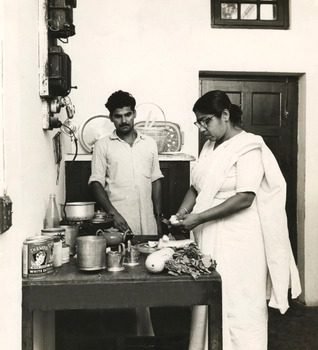
Sucheta Kriplani’s role in Freedom Movement:
When Sucheta joined the Congress, it was a time when the freedom movements were at their peak and those struggles paved the way in positive as a sign of Independence for India from the British. Sucheta’s peers were Aruna Asaf Ali and Usha Mehta. Like them, Sucheta also first made her participation in the Quit India Movement but was arrested by the British in 1944. She along with her husband worked closely with Gandhi in the riots that took place during the partition of India. Sucheta also accompanied him to Noakhali district in 1946.
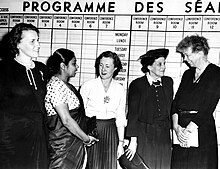
She was also one of the women who were included in the Constitution Committee of India. She was part of the Subcommittee that drafted the Indian Constitution. On 14th August 1947 after delivering his famous speech, “Tryst with Destiny” by Nehru, Sucheta sang the Vande Mataram song in the Independent Session. She was also the founder of the All India Mahila Congress which was established in 1940. She was also a member of the Flag Presentation Committee, which presented the first Indian Flag before the Constituent Assembly.
Post-Independence Works:
After the Independence of India, Sucheta became actively associated with North Indian Politics. In 1952, she contested for the first Lok Sabha elections from New Delhi. She was a member of the party that her husband founded. From that party, she defeated Manmohini Sahgal, the Congress Party Member. In 1957 she was again elected as the Lok Sabha Member and was given the Ministry of Small Scale Industries. In 1962, she was elected to the Uttar Pradesh Legislative Assembly from Kanpur. From 1960 to 1963, she was elected as the Minister of Labour, Community Development and Industry. In 1963, she became the first female Chief Minister of the Constitutional India for Uttar Pradesh.
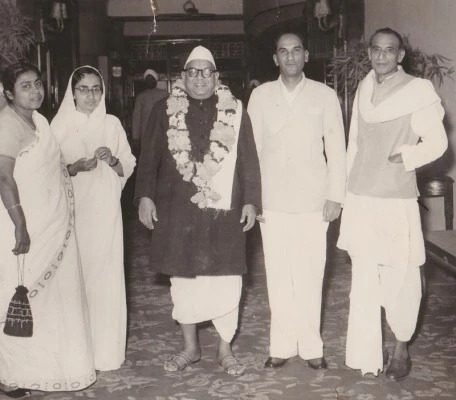
When the Congress Party was split away into two groups, Sucheta worked in the local politics of Uttar Pradesh. The two groups of Congress were led by Kamalapati Tripathi and C.B. Gupta. This separation made her influenced by C.B. Gupta and she left Delhi and took her position as a Chief Minister for Uttar Pradesh.
Sucheta was a great speaker in the parliament of Lok Sabha debates. She was also a very good reader. During her period as a Chief Minister, she worked very honestly for her people. She led a very well-organized administrative person that made to served her political career in a neat and good manner. When she served as Chief Minister of Uttar Pradesh, factory workers made a strike for an increase in wages. It was a 62-day strike. But, she has done justice to the role of an administrative officer and made the labourers work for the same wage.
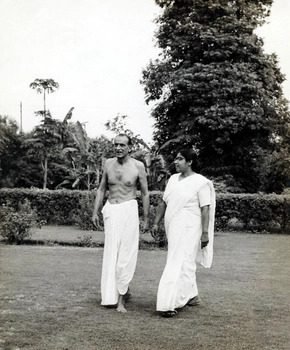
In 1967, she won the 14th Lok Sabha election from Gonda assembly constituency. In 1971, she retired from politics. Sucheta represented many deputations to foreign countries and organizations. She played an important role in the Parliamentary Delegation to Turkey in 1954; the International Labour Organization in 1961; the United Nations General Assembly in 1949; and the United Nations Seminar on Civic Responsibility in 1974; also increased the participation of Asian Women in Public Life in 1974.
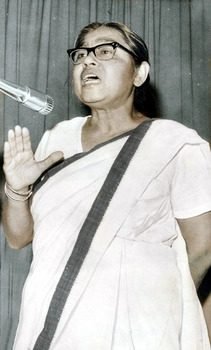
It is seen that Sucheta was a very hardworking and honest person. She served her ministership very truthfully for her people. Her lifestyle was also very simple. This made her the best Chief Minister for Uttar Pradesh till date. Despite her true and lawful service to India, Sucheta also helped many refugees during the Partition of India. She worked as a Secretary to the Relief and Rehabilitation Committee that was set by the Congress Party. Sucheta Kriplani spent her last life far away from politics and passed away in 1974 at the age of 66. Sucheta pen-downed her life as an autobiography, Sucheta: An Unfinished Autobiography.
